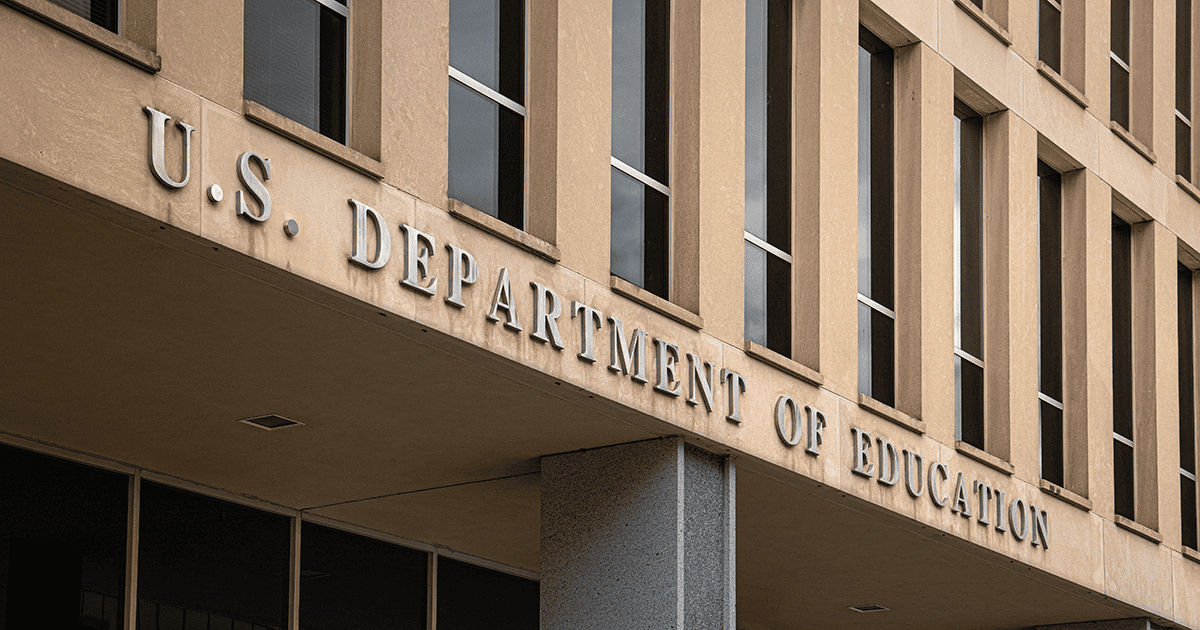Researchers have identified key gene regulators that enable some animals, like lizards, to regenerate their hearing.
A recently published study from the University of Southern California focused on two cell types (sensory and supporting) in the inner ear of zebrafish and green anole lizards. Both species are known to replace sensory cells to restore hearing. In some fish and lizards, supporting cells can transform into replacement sensory cells after injury, but this ability is absent in humans, mice, and all other mammals.
The study focused on both types of cells and compared those of the “regenerative species” to those of mice. Their experiments revealed a class of DNA control elements known as “enhancers” that, after injury, amplify the production of a protein called ATOH1, which in turn induces genes required to make sensory cells of the inner ear. They also discovered that the mice had these same enhancers; however, they were only active during the embryonic stage, while these enhancers remain active after development in some fish and lizards.
The authors believe that, in the future, strategies to utilize these enhancers in the human inner ear could be used to help natural regenerative abilities in humans and reverse hearing loss.
Reference
Shi T, Kim Y, Llamas J, et al. (2024) Long-range Atoh1 enhancers maintain competency for hair cell regeneration in the inner ear. Proc Natl Acad Sci U.S.A. 121(51).
Recent Posts
Allergies in U.S. Adults
Individuals who live in colder areas of the country may be eagerly awaiting the arrival of spring and its associated warmer weather. Others may be…
Securing Federal Loan Access for Audiology Students: Comments Close March 2
The Academy is pursuing a two-pronged strategy through Congress and the Department of Education to protect federal student loan access for AuD students. Both pathways…
Rock the PAC: An Evening of Music, Networking, and Advocacy
This content is an exclusive benefit for American Academy of Audiology members. If you’re a member, log in and you’ll get immediate access. Member Login…


